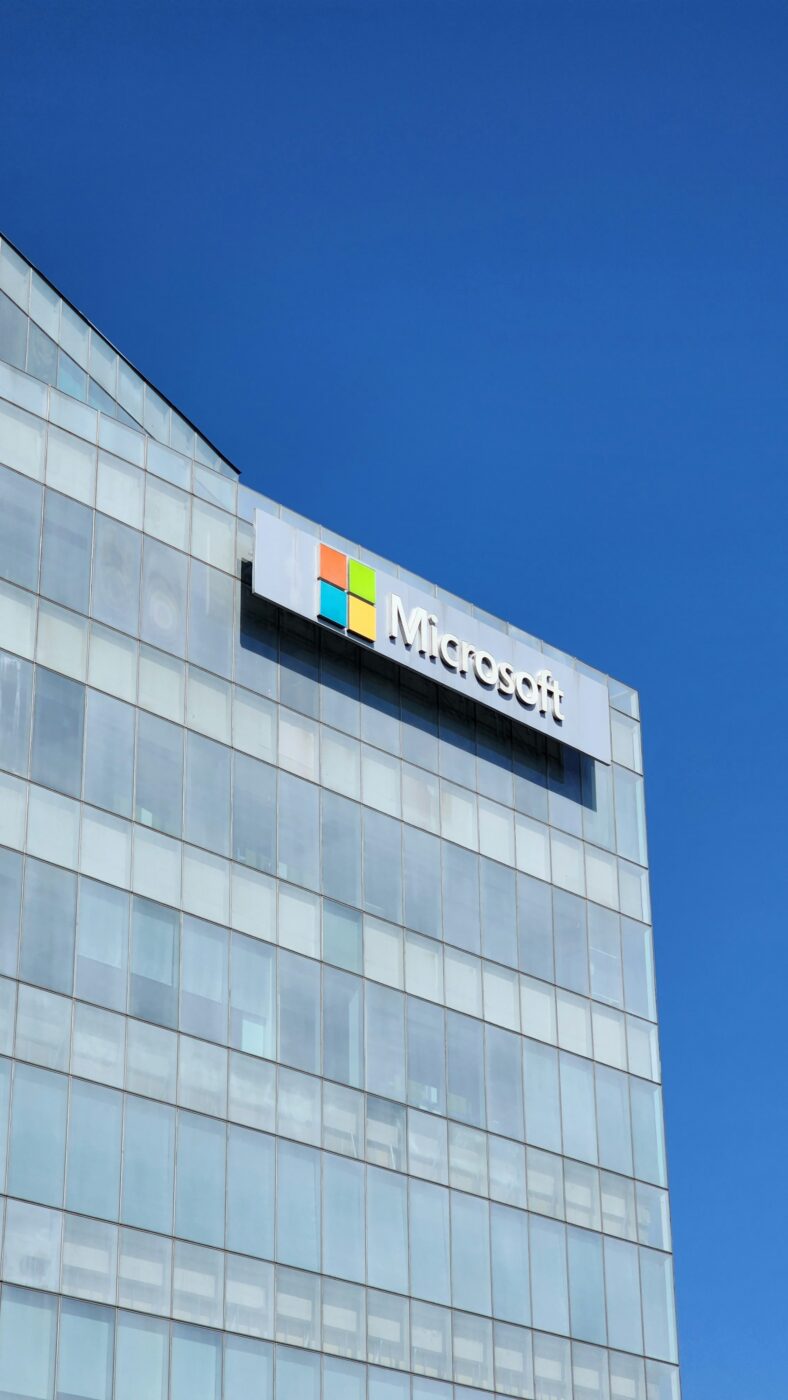Insights


Identity Resiliency: The Foundation of Modern Security and Operational Continuity
Identity is now the front door to applications, data, and cloud platforms. As identity becomes the primary security boundary, resiliency is essential to protect against compromise, limit blast radius, and maintain operational continuity.

MSPs on Notice: The Cyber Security and Resilience Bill Explained
The Cyber Security and Resilience Bill signals tougher regulatory expectations for managed service providers, placing greater emphasis on accountability, incident reporting, supply chain security and demonstrable resilience. MSPs will need to strengthen governance, documentation and technical controls to meet higher standards, but those that act early can turn compliance into a competitive advantage by positioning themselves as trusted partners in navigating an increasingly regulated cyber landscape.

Identity Recovery: The Missing Link in Cyber Resilience Strategies
As cyber attacks increasingly target identity rather than infrastructure, organisations are discovering that data recovery alone is no longer enough. Identity recovery has become a critical pillar of cyber resilience and business continuity.

Culture Secures The Business: Cybersecurity Is a People Problem, Not Just a Technology One
UK organisations continue to experience cyber incidents despite significant investment in security technology. The underlying issue is no longer tools, but people. Cyber resilience depends on skills, culture, and governance. For boards and executive teams, cyber security must be treated as a business risk and regulatory obligation, not simply an IT concern.

Mind The (Visibility) Gap
Most IT environments are monitored, but only partially understood. As infrastructure becomes more complex, fragmented tools and outdated documentation create blind spots that slow response, increase risk, and undermine confidence. Closing the visibility gap is no longer a technical exercise. It is a business-critical capability for resilient, modern organisations.

The Speed of Change: How AI will Supercharge the 2026 Workforce
Discover how organisations can unlock the full value of AI by empowering their workforce, building strong foundations, and adopting a human plus AI model. Learn practical steps for AI transformation and how SysGroup supports companies in modernising infrastructure, integrating AI, and upskilling teams.




